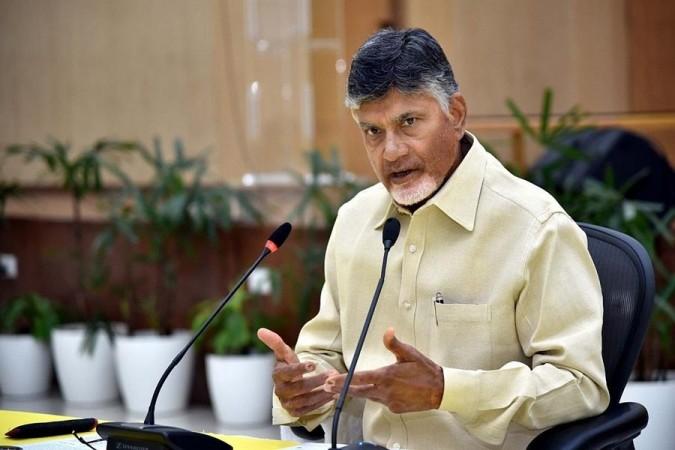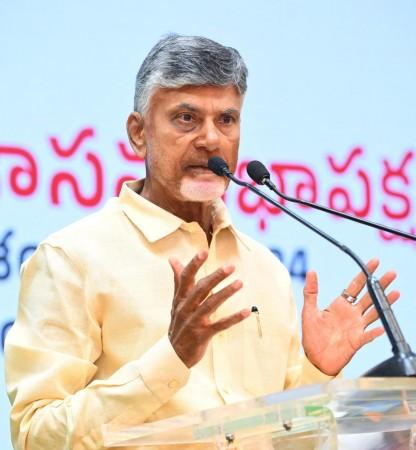
In a significant political development, Andhra Pradesh's Chief Minister-designate N. Chandrababu Naidu declared Amaravati as the state capital. The announcement was made during a meeting of the newly-elected MLAs of the National Democratic Alliance (NDA), which elected him as the leader.
Naidu emphasized that his government would not gamble with the state's future by proposing three state capitals and would continue the development of Amaravati as the sole state capital.
The declaration comes in the wake of a controversial decision by the previous government led by Jagan Mohan Reddy to develop three state capitals. The YSR Congress Party government had proposed Visakhapatnam as the administrative capital, Kurnool as the judicial capital, and Amaravati as the legislative capital.
This move was met with significant opposition, particularly from the farmers of Amaravati who had given up their land for the development of the capital city.

Naidu, who is set to take oath as the Chief Minister, assured that Visakhapatnam would be developed as a financial capital and a modern city, and Kurnool would be developed in all respects. He also revealed that Prime Minister Narendra Modi and NDA leaders would attend the swearing-in ceremony, highlighting the need for the Centre's help for the state's development.
The Controversy Surrounding the Capital
The decision to declare Amaravati as the state capital is a significant move, considering the ongoing protests by the farmers and residents of Amaravati against the previous government's decision to have three state capitals. The farmers, who had given up their land for the development of Amaravati, felt betrayed by the decision to trifurcate the capital. They argued that it would undermine the development of Amaravati and nullify their sacrifices.
The protests have been ongoing for four years, with the farmers and supporters emphasizing the need for the government to honour the original plan and continue the development of Amaravati as the state's capital.
The capital issue in Andhra Pradesh is complex and subject to ongoing political debates and legal proceedings. The proposal to have three state capitals was initiated by the YSR Congress Party government led by Jagan Mohan Reddy.
However, this decision faced significant resistance from the people of Amaravati and the farmers who had given their land for the original capital project. There have been legal challenges to the government's decision, and the matter is sub judice. The final resolution awaits legal clarity and political consensus, which remains a subject of ongoing discussion and litigation.
Historical Context
The political landscape in Andhra Pradesh has been marked by significant shifts and controversies over the years. The decision to bifurcate Andhra Pradesh and form Telangana in 2014 led to the need for a new capital for the residuary state of Andhra Pradesh.
The then Chief Minister, N. Chandrababu Naidu, envisioned Amaravati as a world-class city and embarked on an ambitious plan to develop it as the state's capital. The project involved large-scale land pooling from local farmers and was seen as a symbol of the state's new beginning.
However, the change in government and the subsequent decision to have three state capitals have led to a state of uncertainty and unrest. The protests and legal challenges highlighted the complexities involved in state formation and capital designation, reminiscent of similar historical events in other parts of the world.
The final resolution of the capital issue in Andhra Pradesh will have significant implications for the state's political landscape, development trajectory, and the lives of its residents, particularly those in Amaravati.
The new declaration of Amaravati as the state capital by N. Chandrababu Naidu marks a significant turn in the ongoing political saga in Andhra Pradesh.
The move is seen as a response to the demands of the protesting farmers and residents of Amaravati, who have been advocating for the continuation of Amaravati as the sole state capital.

















